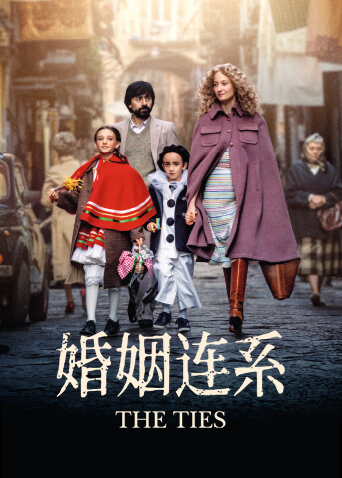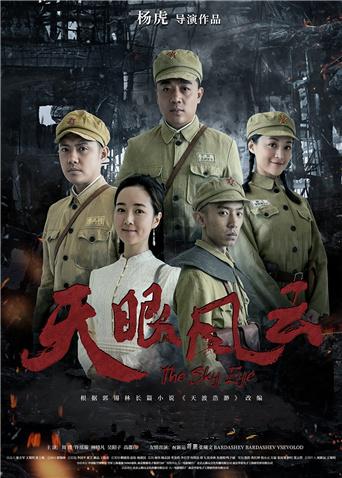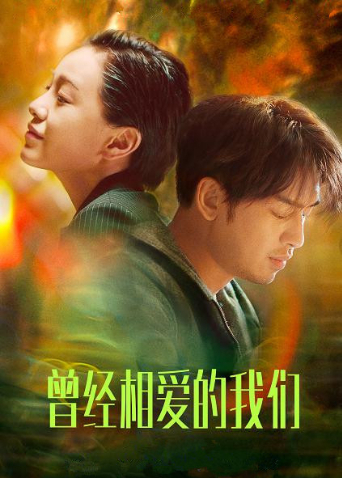 河琳
河琳
发表于5分钟前回复 :2005年1月,导演琳恩·露森远赴雪梨歌剧院为一场名为“Came So Far For Beauty”演唱会进行拍摄,为了向李欧纳致敬,Nick Cave及多位知名艺人共同参与了这场盛大的表演,并由知名音乐制作人Hal Willner担任总监。本片可说是首次对李欧纳这位音乐界的巨擘进行零距离接触、最赤裸的深入访谈,从李欧纳的诗作、小说等作品,甚至他的绘画创作及相片收藏等,透过难能可贵的访问和李欧纳亲身的自述,见识他独特的魅力所在。除了许多珍贵画面之外,亦收录了许多歌手如U2乐团主唱Bono、70年代末独立音乐领导者Nick Cave、Rufus Wainwright等众多知名艺人精采绝伦的演出画面,重量级的卡司肯定让人惊艳不断。
 老鹰乐队
老鹰乐队
发表于6分钟前回复 :Siddartha (Dhritiman Chatterjee) is forced to discontinue his medical studies due to unexpected and brutal death of his father. He has to now find a job in stead. In one job interview, he is asked to name the most significant world event in the last ten years. His reply is 'the plain human courage shown by the people of Vietnam', instead of the expected - man landing on moon. The interviewer asks is he is a communist. Needles to say that he does not get the job.He reaches a coffee shop where he is offered to work for the communist party. When he does not show any interest the party leader tells him about an opening for a medical representative. To escape from the heat and have a snooze, he goes in to a cinema. As a government propaganda newsreel is being shown before the feature, a bomb explodes in the cinema hall. In the stampede that follows, Siddartha, breaks his watch. He goes to a watchmaker but he cannot afford the repairs.Waiting to cross the road, he notices a sexy girl. He drifts back to his days as a medical student in a flashback. The professor is explaining anatomy of female breast. Many flashbacks and dreams occur to Siddartha through the film.On his way to hostel, he has an encounter with some hippies. Along with an ex-classmate, he goes out to see a porn film but to their disappointment, the film turns out to be not-so-pornographic.In such constant wandering in a Calcutta, disintegrated relationships with his sister and a Naxalite (militant communist) brother, his friendship with Keya is only thing that keeps him sane.Keya is a simple girl. They enjoy each other's company but they cannot make any commitment to each other due to the circumstances.After yet another attempt at a job interview, Siddartha leaves the big city to take a modest job of a salesman in a far off small town. He writes to Keya that he still cherishes their relationship. And that he has heard that bird call again but this time it is for real, and not his mind. After completing the letter, he comes out to the balcony of his modest room. The bird calls again. He also hears the sombre chants of a funeral procession. As he turns to the camera, the picture is frozen.This is the first film of the Calcutta Trilogy. The other two were and Seemabaddha (Company Limited, 1971) and Jana Aranya (The Middle Man, 1975). All the three films study the effect the big city of Calcutta has on the educated youth and the price it extracts from them.The seventies were a difficult period for India and West Bengal. The Corruption was rampant; the Naxalite movement had created havoc in Calcutta. In fact, they had turned parts of Calcutta into 'liberated zones'. By the time the Naxalite movement died down, in 1975, Mrs. Indira Gandhi (then, Prime Minister of India) suppressed the fundamental rights and declared "Emergency" for her own political survival. Her son, Sanjay Gandhi became a dictator of sorts without any official designation. The opposition leaders were thrown into prisons.About his social responsibilities as a filmmaker, in an interview with Cineaste magazine, Ray commented, "You can see my attitude in The Adversary where you have two brothers. The younger brother is a Naxalite. There is no doubt that the elder brother admires the younger brother for his bravery and convictions. The film is not ambiguous about that. As a filmmaker, however, I was more interested in the elder brother because he is the vacillating character. As a psychological entity, as a human being with doubts, he is a more interesting character to me. The younger brother has already identified himself with a cause. That makes him part of a total attitude and makes him unimportant. The Naxalite movement takes over. He, as a person, becomes insignificant."In a letter to Seton in 1970, Ray wrote that Pratidwandi was the most provocative film he had made till then. The film is said to have evoked extreme reactions. "People either loved the film or hated it", Dhritiman Chatterjee told Andrew Robinson, Ray's biographer.



